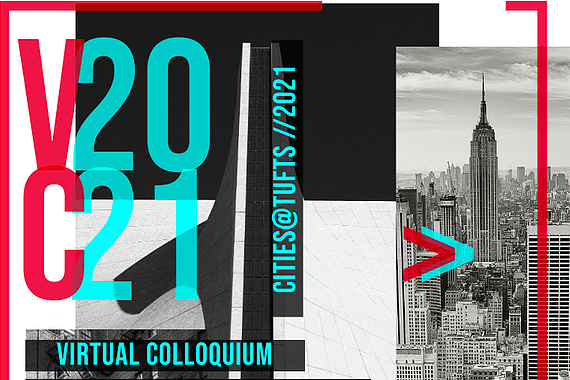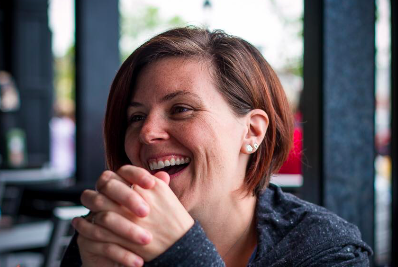Over the next three months, Shareable is partnering with Tufts University for a special eight-session series hosted by Professor Julian Agyeman (Co-chair of Shareable’s Board) and Cities@Tufts.
Initially designed for Tufts students, faculty, and alumni, the colloquium has been opened up to the public with the support of Shareable and The Kresge Foundation.
These events will highlight such topics as:
- Environmental justice vs White Supremacy in the 21st century
- Sacred Civics: What would it mean to build seven generation cities
- Organizing for Food Sovereignty
- From Spatializing Culture to Social Justice and Public Space
- Exploring Invisible Women Syndrome
- The Introduction of Street Trees in Boston and New York
- Design principles for the urban commons
- and The Past, Present, and Future State of Cities.
The series kicked off Wednesday, Feb. 3, featuring Isabelle Anguelovski presenting “From green privilege to green gentrification: Environmental Justice vs White Supremacy in the 21st century American and European city.”
Online events will continue weekly on (most) Wednesdays through April 14th. Check out all of the upcoming sessions here, and reserve your spot by registering today!
Can’t attend this event live? Shareable will also be releasing the transcripts, audio, and video from these presentations here, so there will be ample opportunities to engage with this series.
Cities@Tufts is a cross-disciplinary academic initiative that recognizes Tufts University as a leader in urban studies, urban planning, and sustainability issues. Anchored by the department of Urban and Environmental Policy and Planning, it aims to highlight our impressive contributions in community strategy, civic democracy, ethnographic research, urban and community health, food justice and security, urban politics and economics, social inequalities, and GIS. Cities@Tufts works with students, academics, policymakers and planners, businesses, and community stakeholders to develop cross-disciplinary and cross-sector collaborative and community-based research. They aim to develop solutions to today’s urban challenges and opportunities based not on presupposed notions but on being critical: first asking the right questions.
The Kresge Foundation was founded in 1924 to promote human progress. Today, Kresge fulfills that mission by building and strengthening pathways to opportunity for low-income people in America’s cities, seeking to dismantle structural and systemic barriers to equality and justice. Using a full array of grant, loan, and other investment tools, Kresge invests more than $160 million annually to foster economic and social change. For more information visit kresge.org.










